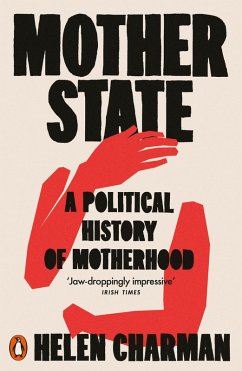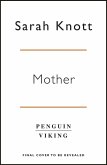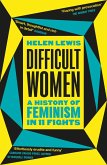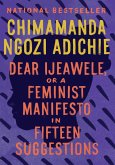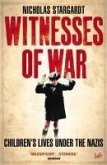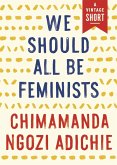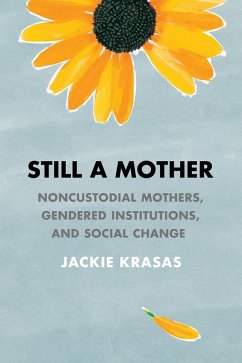When we talk about motherhood and politics together, we usually talk about isolated moments - the policing of breastfeeding, or the cost of childcare. But this is not enough: we need to understand motherhood itself as an inherently political state, one that has the potential to pose a serious challenge to the status quo.
In Mother State, Helen Charman uses this provocative insight to write a new history of Britain and Northern Ireland. Beginning with Women's Liberation and ending with austerity, the book follows mothers' fights for an alternative future. Alongside the mother figures that loom large in British culture, from Margaret Thatcher to Kat Slater, we meet communities of lesbian squatters, anti-nuclear campaigners, the wives of striking miners and teenage mothers protesting housing cuts: groups who believed that if you want to nourish your children, you have to nourish the world around them, too.
Here we see a world where motherhood is not a restrictive identity but a state of possibility. 'Mother' ceases to be an individual responsibility, and becomes an expansive collective term to organise under, for people of any gender, with or without children of their own. It begins with an understanding: that to mother is a political act.
Dieser Download kann aus rechtlichen Gründen nur mit Rechnungsadresse in A, B, BG, CY, CZ, D, DK, EW, E, FIN, F, GR, HR, H, IRL, I, LT, L, LR, M, NL, PL, P, R, S, SLO, SK ausgeliefert werden.

